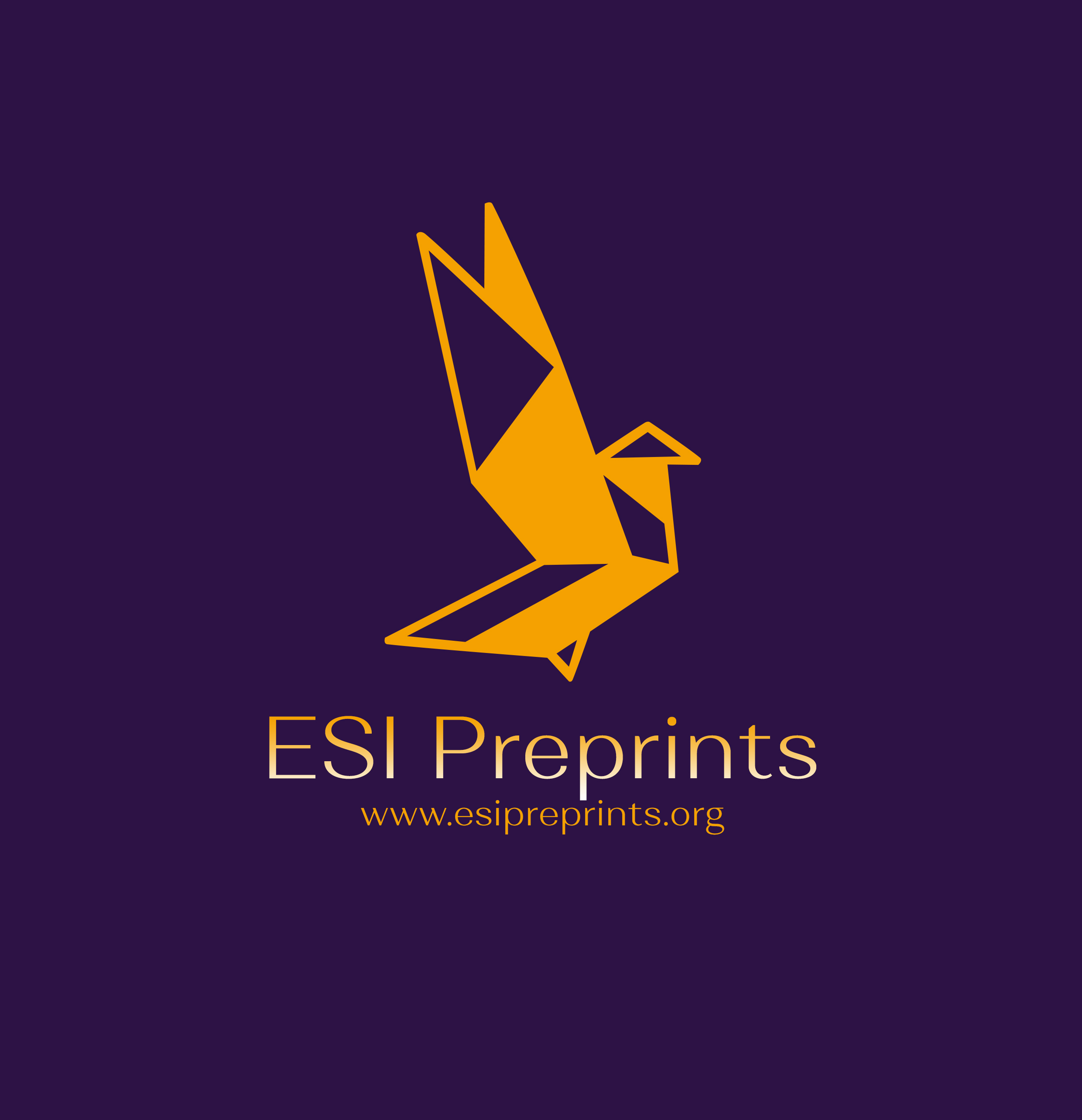Accompagnement psychosocial et résilience des adolescents victimes de conflit intercommunautaire Arabe Choa Mousgoum à Logone Birni
Abstract
Le conflit intercommunautaire entre les Arabes Choa et les Mousgoum à Logone Birni, une région du Cameroun, a engendré des conséquences dévastatrices sur la population locale, en particulier sur les adolescents. Ce contexte de violence a exacerbé des problèmes psychosociaux tels que l’anxiété, la dépression et le stress post-traumatique parmi les jeunes. Malgré cette situation certains adolescents ont développé la capacité de résilience. Dès lors, comment l’accompagnement psychosocial influence-t-il la résilience des adolescents victimes du conflit intercommunautaire arabe choa-Mousgoum à Logone Birni ? Cette étude s’appuie sur la théorie écologique de Bronfenbrenner (1979), qui souligne l’importance des interactions entre l’individu et son environnement social dans le développement de la résilience. Les résultats montrent que 75% des adolescents ayant bénéficié d’un accompagnement psychosocial structuré ont rapporté une amélioration significative de leur bien-être émotionnel par rapport à ceux n’ayant pas reçu ce soutien. De plus, 60% des participants ont développé des compétences sociales renforcées, facilitant ainsi leur intégration dans la communauté. Il est recommandé d’intensifier les programmes d’accompagnement psychosocial en intégrant des approches communautaires qui mobilisent non seulement les adolescents mais aussi leurs familles et leurs pairs. De plus, il serait bénéfique d’évaluer régulièrement l’efficacité de ces programmes afin d’adapter les interventions aux besoins évolutifs des jeunes victimes du conflit.
The inter-communal conflict between the Choa Arabs and the Mousgoum in Logone Birni, a region of Cameroon, has had devastating consequences on the local population, particularly on adolescents. This context of violence has exacerbated psychosocial problems such as anxiety, depression, and post-traumatic stress among young people. Despite this situation, some adolescents have developed the capacity for resilience. Therefore, how does psychosocial support influence the resilience of adolescent victims of the Choa-Mousgoum Arab intercommunity conflict in Logone Birni? This study is based on the ecological theory of Bronfenbrenner (1979), which highlights the importance of interactions between the individual and their social environment in the development of resilience. The results show that 75% of adolescents who received structured psychosocial support reported a significant improvement in their emotional well-being compared to those who did not receive this support. In addition, 60% of participants developed strengthened social skills, thus facilitating their integration into the community. It is recommended to intensify psychosocial support programs by integrating community approaches that mobilize not only adolescents but also their families and peers. In addition, it would be beneficial to regularly evaluate the effectiveness of these programs in order to adapt interventions to the evolving needs of young victims of conflict.
Downloads
References
2. Akpan, I., & Nwankwo, C. (2019). Community interventions for psychosocial support among adolescents in conflict zones: Lessons from the Lake Chad Basin. International Journal of Social Work, 12(2), 123-139. https://doi.org/10.1177/0020872818823456
3. Alhaji, I., & Bako, M. (2021). Resilience strategies among adolescents in post-conflict settings: Evidence from Logone Birni. African Journal of Psychological Studies, 15(1), 45-60. https://doi.org/10.4314/ajps.v15i1.5
4. Amadou, S., & Tchouassi, D. (2022). The role of community leaders in fostering resilience among youth affected by intercommunal violence. Conflict Resolution Quarterly, 39(3), 245-263. https://doi.org/10.1002/crq.21234
5. Bassey, E., & Okon, U. (2020). Psychosocial interventions for adolescents in conflict zones: A review of literature. Journal of Child Psychology and Psychiatry, 61(8), 850-861. https://doi.org/10.1111/jcpp.13245
6. Chikanda, A., & Moyo, T. (2018). Youth resilience and psychosocial support in post-conflict communities: The case of Logone Birni. Peace and Conflict Studies Journal, 25(2), 112-130.
7. Dembélé, M., & Traoré, K. (2021). Understanding the impact of intercommunal conflicts on adolescent mental health in Central Africa. African Journal of Psychiatry, 24(4), 300-310.
8. Doumbia, S., & Koné, A.-S. (2019). Building resilience through education: The role of schools in supporting adolescents affected by conflict. Education and Conflict Review, 11(1), 67-82.
9. El-Haddad, M., & Al-Masri, M.-R. (2020). The psychosocial needs of adolescents affected by violence: Insights from the field. International Journal of Mental Health Systems, 14(1), Article 20.
10. Fofana, I., & Diallo, M.-A.(2022). Community-based approaches to psychosocial support for youth in conflict zones: An analysis from Cameroon. Global Social Welfare Journal.
11. Gassama-Koné , A., & Sow , S.(2019). Adolescents’ coping mechanisms during crises: A qualitative study in Logone Birni. Youth Studies Australia.
12. Kamara , J., & Kanu , I.(2020). Resilience-building programs for youth affected by civil unrest: Evaluating effectiveness in West Africa. Journal of Community Psychology.
13. Koné , S., & Sidibé , Y.(2021). The intersectionality of trauma and resilience among adolescents in conflict settings: Perspectives from Logone Birni. Trauma Psychology Review.
14. Laminé , B., & Tchamou , N.(2018). Assessing the impact of community support on adolescent mental health after conflict: Evidence from Cameroon’s Far North Region. African Health Sciences.
15. Mbodj , N., & Fall , A.(2019). Cultural factors influencing resilience among adolescents affected by violence: Implications for intervention.* Culture and Psychology.
16. Ndongala , P.-M., & Tshibangu , J.(2020). Psychosocial support frameworks for youth impacted by intercommunal violence: An integrative review.* International Social Work Review.
17. Ouedraogo , R., & Zongo , H.(2021). Youth engagement and empowerment as pathways to resilience: Case studies from conflict areas.* Journal of Youth Development.
18. Salifou , D.A ., & Mahamadou , H.(2019) . Exploring the relationship between social capital and resilience among adolescents in post-conflict environments. Social Indicators Research.
19. Sow , F ., & Camara , B.(2022) . Mental health challenges faced by adolescents during conflicts: Strategies for psychosocial recovery.* African Journal of Mental Health Policy.
20. Youssoufou , H ., & Abdoulaye , M.(2020) . The role of family dynamics in shaping resilience among youth affected by communal strife. Family Relations Journal.
Copyright (c) 2024 David Sanawai

This work is licensed under a Creative Commons Attribution 4.0 International License.








